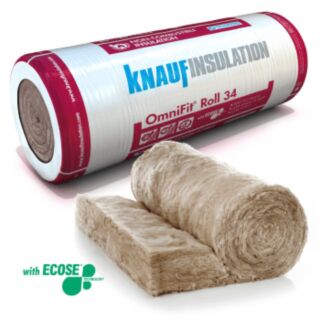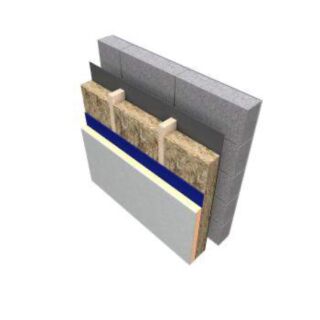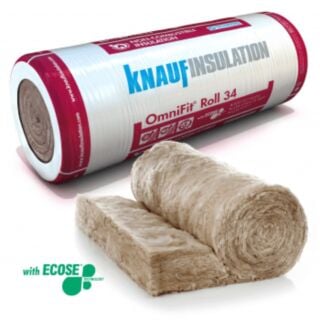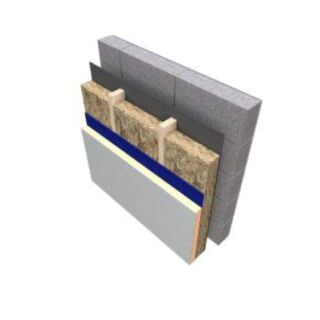-
Building Materials
- Building Materials
- Blocks
- Bricks
- Cements, Concrete & Mortars
- Reinforcement
- DPC DPM Radon Geotextile
- Ventilation
- Gutter & Downpipe
- Underground Pipe & Conduit
- Roof Materials
- Slates and Tiles
- Lead Flashing
- Fascia and Soffit
- Roof Windows
- Building Chemicals & Sealants
- Sheeting
- Aggregates
- Lintels
- Scaffolding
- Farm Materials
- Timber Products
-
Insulation Plastering
- Insulation Plastering
- Plaster Mix & Accessories
- Plasterboards
- Metal Stud Sections
- Air Tightness Solutions
- Roof & Loft Insulation
- Fire Protection Insulation
- Acoustic Insulation
- Cavity Wall Insulation
- Rainscreen External Wall Insulation
- Rigid Floor Insulation
- Rockwool Insulation
- Knauf Insulation
- Knauf Drywall
- Isover Insulation
- Xtratherm
- Installation Guide
-
Heating & Plumbing
- Heating & Plumbing
- Oil Boilers
- Gas Boilers
- Boiler Parts Maintenance
- Cylinders
- Tanks
- Pumps
- Heating Controls
- Underfloor Heating
- White Waste & Fittings
- Radiators
- Renewables
- Heating Filtration
- Copper Tubes
- Pex Tube
- Multi Layer Pipes
- Pipe Insulation
- Pipes
- Plumbing Tools
- Plumbing Fittings
- Kitchen Sinks & Taps
- Tiles & Bathrooms
- Kitchen Kits
- Doors & Floors
- Paint & Decorating
- Tools & Fixings
- Electronics
- Paving & Decking
- Workwear
- Garden Centre
- Home Plus
- Special Offers
CALL 1800 401401





